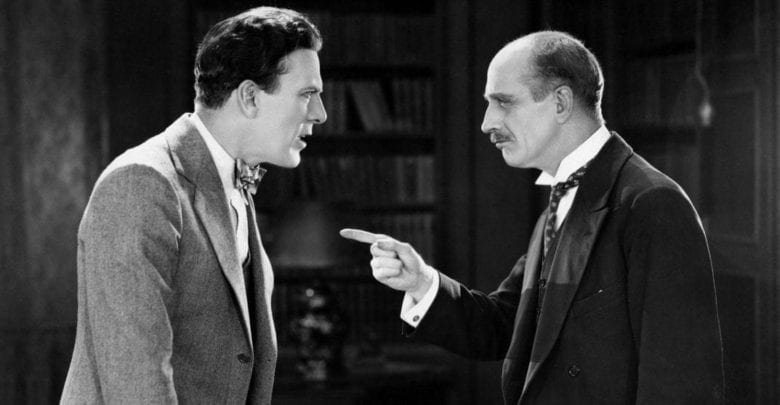Mr. Hyde
“You have power over your mind, not outside events. Realize this and you will find your strength.”
The classic “The Strange Case of Dr. Jekyll and Mr. Hyde” was a 1886 novel by Scottish author Robert Louis Stevenson. It follows Gabriel John Utterson, a London-based legal practitioner who investigates a series of strange occurrences between his old friend, Dr. Henry Jekyll, and a murderous criminal named Edward Hyde. Stevenson was intrigued by the idea of how personalities can reflect the interplay of good and evil and display of men’s cowardice and cruelty that exists in the extreme edges of a healthy balance between civility and brutality. In Freudian theory, the thoughts and desires banished to the unconscious mind motivate the behavior of the conscious mind and according to clinical psychologists, banishing evil to the unconscious mind in an attempt to achieve perfect goodness can result in the development of a Mr. Hyde-type aspect to one's character.
Men’s instinctive sense tells us being incapable of cruelty is a higher moral being than someone who is capable of a dominate assertiveness which may appear to be cruel, but psychologist tells us this is an incorrect and dangerous position to take because if you are not capable of being assertively firm, you are then a victim to anyone who is and it’s critical to integrate this characteristic into our being. This is why we cheer for anti-heroes because we subconsciously connect with the beast within them we see as strength of character and self-respect that we will never experience until we as men, grow teeth that bite and realize we can be seriously dangerous. Only then can we treat ourself with respect and others will do the same.
Having a dangerous persona isn’t the default response in any situation. Being able to be dangerous, versus not being dangerous is much more effective in a masculine role than not being able to be dangerous at all. How could you protect loved ones against emotional, verbal, and physical attack? If civil conversation can thwart the threat, wonderful, but if it doesn’t, then your next move will determine if you can be a force to be dealt with or be the victim. Much like training in boxing and martial arts, you aren’t pursuing a fight, but rather building the skill and courage to avoid elevating conflict so you can respond with confidence and dignity when pushed. Any show of confidence translates into a dominant posture that will be enough to make a “bully” back off and your beast mode will be your best guarantee of peace.
The “Path to Enlightenment” is not pursuing happiness, it’s more a matter of confronting the things you don’t want to face as in most stories of the Knight in shining armor or the fury of a patient man who take their stand against the dragons and the brutal authorities, seeing the weakness in their masculinity and finding the gateway to the man God created to perpetuate in the lives of their sons, grandsons, and great-grandsons.
If you doubt your manliness, you need only believe what is already true of you. You were created to be a man who knows his role and proceeds to act it out. Even a man the world considers weak and feeble can be stronger than many in the world if he believes the mantle given to him comes with the ability from God alone to fulfill that role in this world.
You don’t need to take yourself into the wilderness or wait for a heavenly voice to convince your soul you are a man and don’t have to wait for your father or father figure to bestow “manhood” upon you. You don’t have to prove you have what it takes to do whatever the world or yourself deems is manly. Masculinity is given by God and only to us men, and we are required live it out Biblically rather than perverting it and redefining it in worldly, carnal, and selfish terms.
Where do we start? Act the manly part – let nothing effeminate, luxurious, sickly, childish, narrow be seen about you. Christianity makes men, not babes. Display manliness in the church, the world, business, conversation, prosperity, and adversity by acting like the man God created in His image, which is to be loved because of your compassion and feared because of your might.
